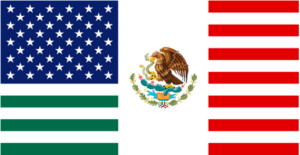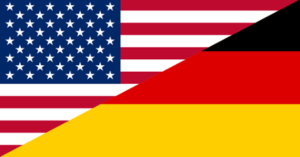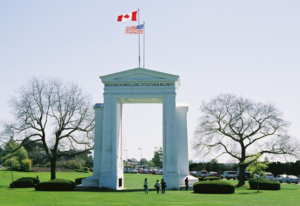
Intellectual legacies of colonization play a powerful role in shaping how mainstream U.S. and global society has come to see Native Americans. Artwork from the 19th and 20th centuries – such as James Earle Fraser’s sculpture, “The End of the Trail” – have helped to create the image of Native Americans on horseback as representations most associated with Indigenous populations of North America. Type “Native American” into a search engine, and you’ll likely get many historical images of Great Plains Indians. In parts of Europe as well, the perception of Native Americans has been shaped in unique ways by authors like Karl May and the later movies based on his books. Without a doubt, our students’ perceptions about Native Americans are influenced by these fantasies and representations.










